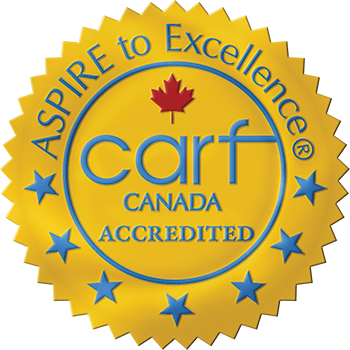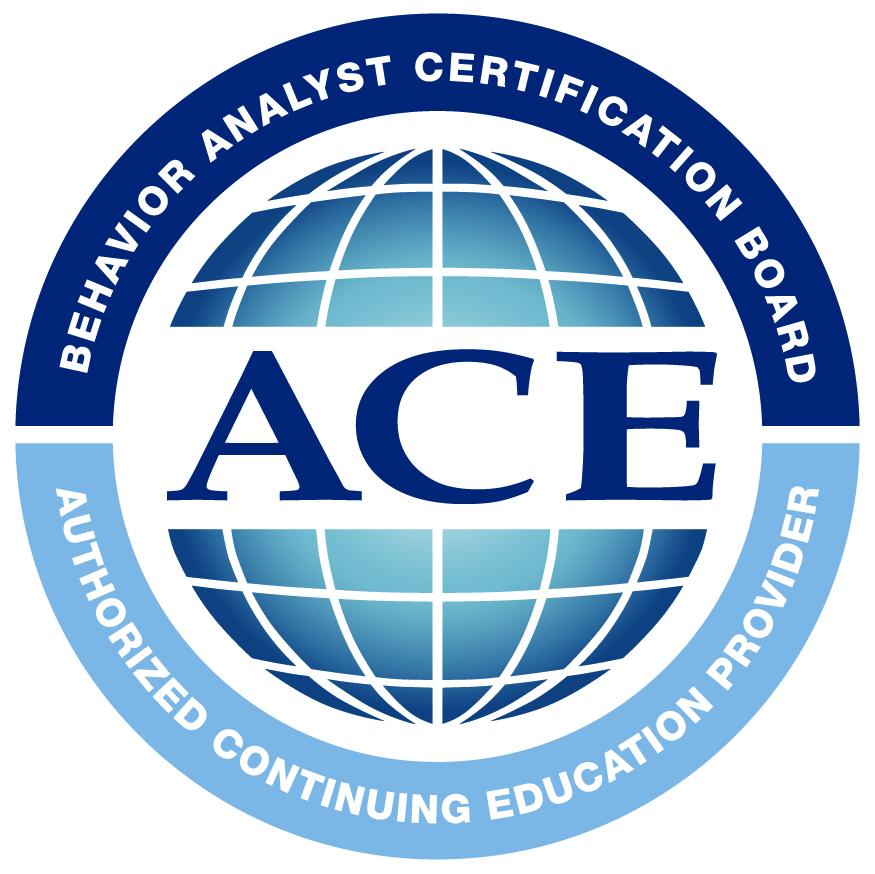More organic connections and variety of staff skills necessary
Lisa Bailey
Already witness to a huge shift to community from segregation that presented challenges as well as valuable lessons, Gerry Fremming is excited for greater freedom, choice and involvement for people who have a disability going forward.
“We are breaking down barriers, we are creating a community of belonging and we are engaging people, and that’s how we’re going to change how people who have a disability are perceived and accepted,” says Gerry, team manager at posAbilities with more than 25 years of experience in the field.
Harnessing the knowledge of the past as well as the energy, innovation and collaboration now bubbling up, Gerry can see a future with inclusion and integration for individuals who have a disability.
“I see people being active participants in society,” she says. They are empowered by positive relationships they share with the community as they live side by side with community members, are gainfully employed, and in a position to direct the services they require.
She sees individuals who have a disability “integrating into the normal fabric of society because that’s how we all live.”
For this to happen, she says individuals need more organic connections to the social and community organizations and resources of their choice, Gerry says.
And this requires more natural support circles. “They’ll have to exist and there will have to be less of a dependency on systems, professionals and funders in order to enjoy good quality of life.”
Gerry sees the role of service providers geared more to facilitation than support or guidance. There could be more community connectors, for example, to assist individuals to independently access community services and activities following a period of discovery about their needs.
“So staff don’t become part of their lives, they fade from their lives and natural supports pick up,” she says. “I think that has to happen a lot more.”
Another possibility is a resource bank where people decide what they need and connect with options in the community.
Collaboration is also vital so services are available for the younger and aging population. For example, Gerry says a generation is growing up seeking and expecting to work, so a more seamless transition is needed from education to employment.
Staff with service providers will need to have a variety of skills, such as a strong understanding of community and knowledge of available resources and services, as well as the ability to listen well to discern needs, engage people, communicate information to individuals and their families, and facilitate relationships and connections.
To facilitate integration and inclusion, Gerry says forward thinkers in leadership positions can bring dialogue around the meaning of citizenship and push the boundaries.
She adds that partners from all walks of the community, such as business, arts and culture, must be invited to be part of these conversations.
It’s a channel to inclusion through collaboration.
“I think we need an understanding that people who have a disability have much to contribute, and this, I believe, is where education plays a huge role. It’s necessary to have that shift,” she adds.
Lastly, Gerry says, the support of funders is necessary to develop services and effect change.
For a related story, click here.
Share your story on story on how collaboration and/or innovation is creating greater social and economic inclusion by calling the newsroom at 800-294-0051, ext. 25, or e-mail lisa(at)axiomnews.ca.










